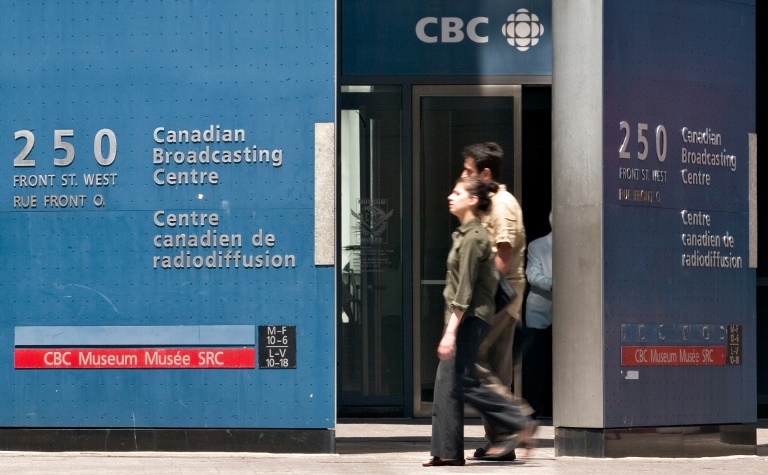SOCIAL
Canada public broadcaster CBC quits Twitter over ‘government-funded’ label

The CBC said Twitter’s new label for the Canadian broadcaster puts into question its ‘impartial and independent’ journalism – Copyright BRAZILIAN NAVY/AFP/File Handout
Canada’s public broadcaster CBC and its French-language version Radio-Canada said Monday they were effectively quitting Twitter over a new “government-funded” label it says questions its editorial independence.
The exit follows that of National Public Radio in the United States over the same tag, which had also been applied to the BBC before the British broadcaster successfully petitioned to have it changed to “publicly-funded.”
In a statement, the Canadian Broadcasting Corporation/Radio-Canada said Twitter had added a “government-funded media” label to its account, branding it the same way as it does major media outlets in authoritarian countries such as Russia or China.
“In the case of CBC/Radio-Canada this labeling is untrue and deceptive,” the statement said.
While the broadcaster is publicly funded, it said its editorial independence is protected under Canadian broadcasting law.
“Twitter can be a powerful tool for our journalists to communicate with Canadians, but it undermines the accuracy and professionalism of the work they do to allow our independence to be falsely described in this way,” it said.
“Consequently, we will be pausing our activity on our corporate Twitter account and all CBC and Radio-Canada news-related accounts.”
The broadcaster instead urged Canadians to follow it on other social media.
Conservative opposition leader Pierre Poilievre, who has publicly expressed disdain for the CBC and fundraised on promises to gut its funding, last week wrote to Elon Musk urging him to add a “government-funded media” label to CBC’s Twitter accounts.
He said such was “in the interest of transparency” and noted that almost two-thirds of its funding in fiscal 2021-2022 was from the federal government.
On Monday, Liberal Prime Minister Justin Trudeau blasted his rival for “attacking this Canadian institution, and attacking the culture and local content (that it produces) that is so important to so many Canadians.”
Since Elon Musk bought Twitter, the company has relaxed its moderation of content on the network, letting back many users banned because of messages inciting hatred or spreading misinformation.
Musk also slashed Twitter’s workforce from 7,500 to fewer than 2,000 employees.
He has expressed deep disdain for news media for years and recently installed an automatic response of a poop emoji to emailed inquiries from journalists.
News organizations, however, have struggled to wean themselves from the platform, which remains a main communication exchange for celebrities, politicians and pundits.

















